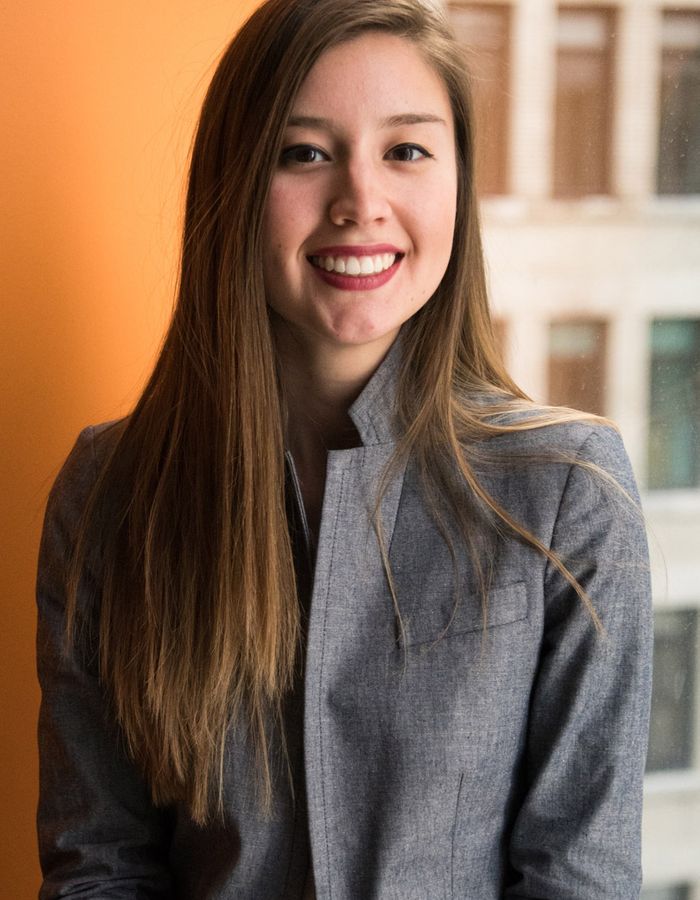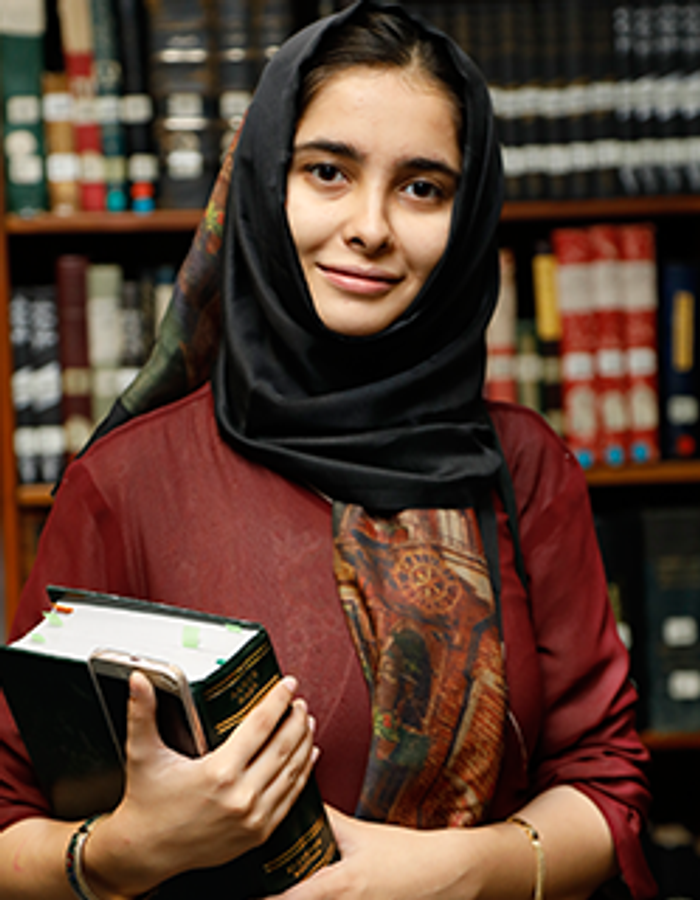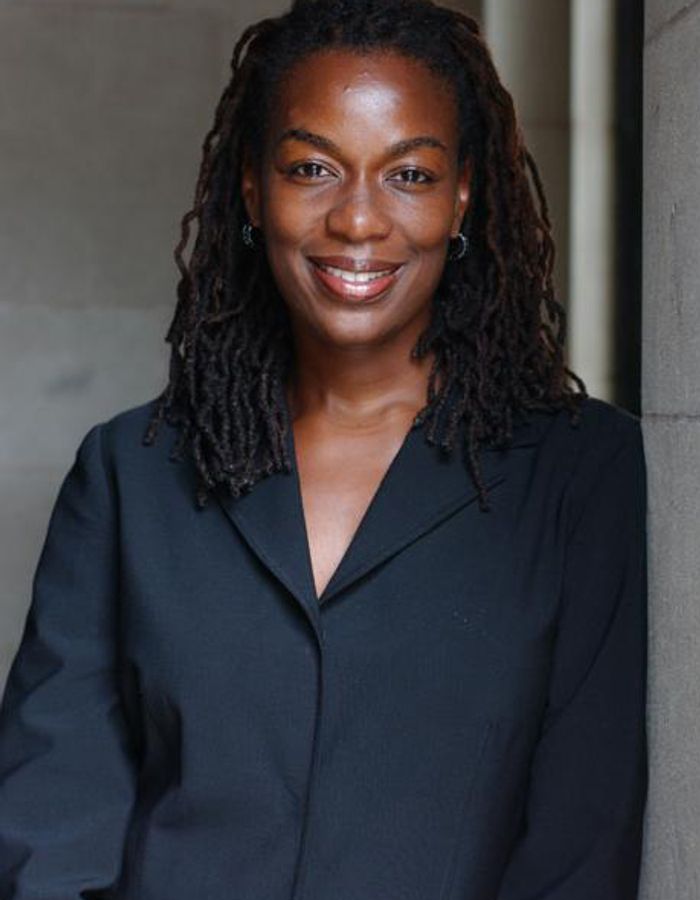To build trust in the vaccine for the entire population, we need to be both community-first and digital-first
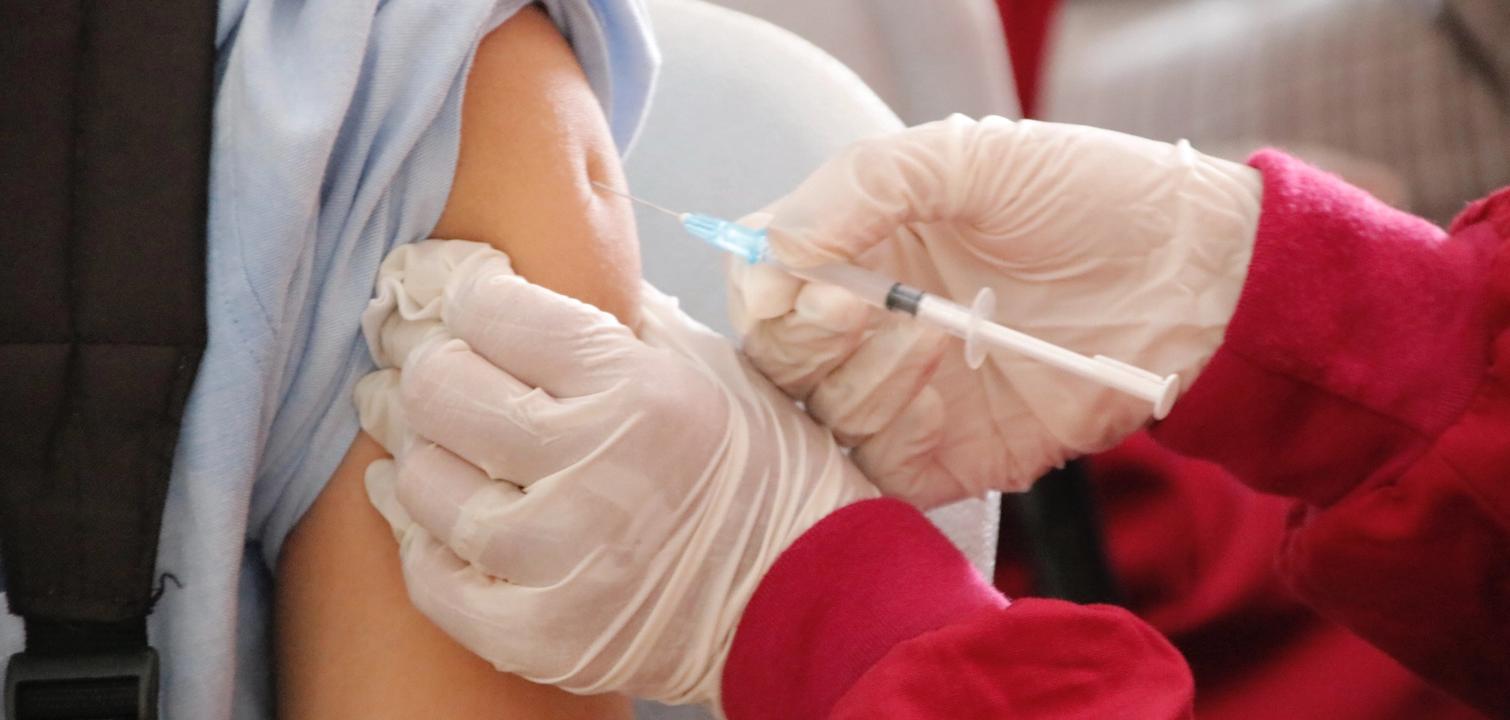
Despite the promising news of vaccines rolling out to combat COVID-19, mistrust and discord challenge their adoption. Concerns have been raised about the take-up of the Covid vaccine among Black, Asian and Minority Ethnic (BAME) communities that have been disproportionately impacted by the pandemic.
Lightful’s CEO and Co-Founder, Vinay Nair, spoke to Jonathan Samuels on Sky News on February 7th 2021 regarding the urgent need for vaccine trust-building among BAME communities and the vital role for technology to play.
Starting with empathy
It’s imperative to address scepticism in our communities with empathy. It’s not about labelling doubters as fringe ‘anti-vaxxers’ but about authentically responding to concerns, often grounded in historic inequities and deep mistrust.
As Vinay mentions, we need to ‘give attention to the story’ as there are large parts of the community in every corner of the country that are concerned.
Supporting community leaders with digital skills and tools
We need to move quickly.
Analysis of vaccine data, released to Sky News from the Royal College of General Practitioners (RCGP), found that white people are 3 times as likely as mixed ethnicities and twice as likely as Black people to have been vaccinated. This is a compounded tragedy, given the higher death rate with BAME communities.
There is an important issue of trust, and the approach needs to be community-first. Community champions and faith-based leaders must be supported in their critical role to build trust in the vaccine.
Given the rate at which misinformation is being spread online, Vinay outlines that any approach must also be digital-first. We need to equip these community leaders with the right information and train them on how they themselves can more effectively tackle misinformation digitally.
Assisting through training, support, and confidence
We need to assist community leaders with training, support and confidence to embrace positive storytelling across the channels that their communities are using so that we improve adoption rates across the U.K. and around the world.
As Vinay discusses with Jonathan, technology companies and communities must work together on what is happening in real-time. It’s not enough to be reactive, we must come up with solutions that will speed up vaccine trust-building that will allow us to move forward and rebuild better and more equitably.
Any effective approach, grounded in empathy and trust, must be community-first and digital-first.
Latest articles
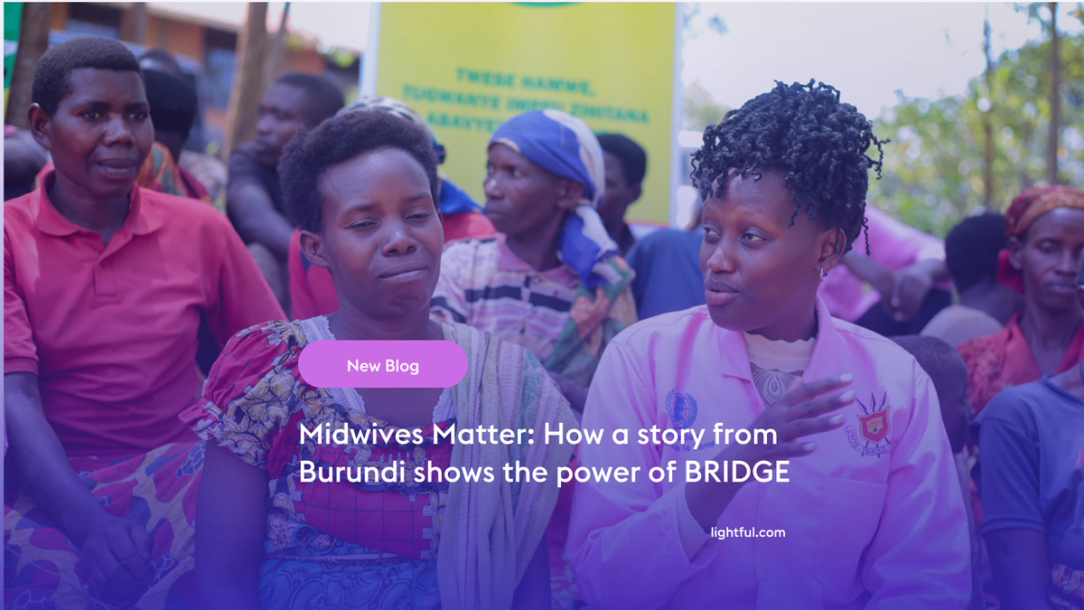
Over the past year, Lightful and the International Confederation of Midwives (ICM) have supported Midwives Associations across Africa, South Asia and the Eastern Mediterranean to build their digital confidence through our BRIDGE programme. These organisations were starting from very different places, but all shared the same goal: to use digital tools to strengthen their voice, raise their visibility and advocate for better outcomes for women and babies.
Related posts
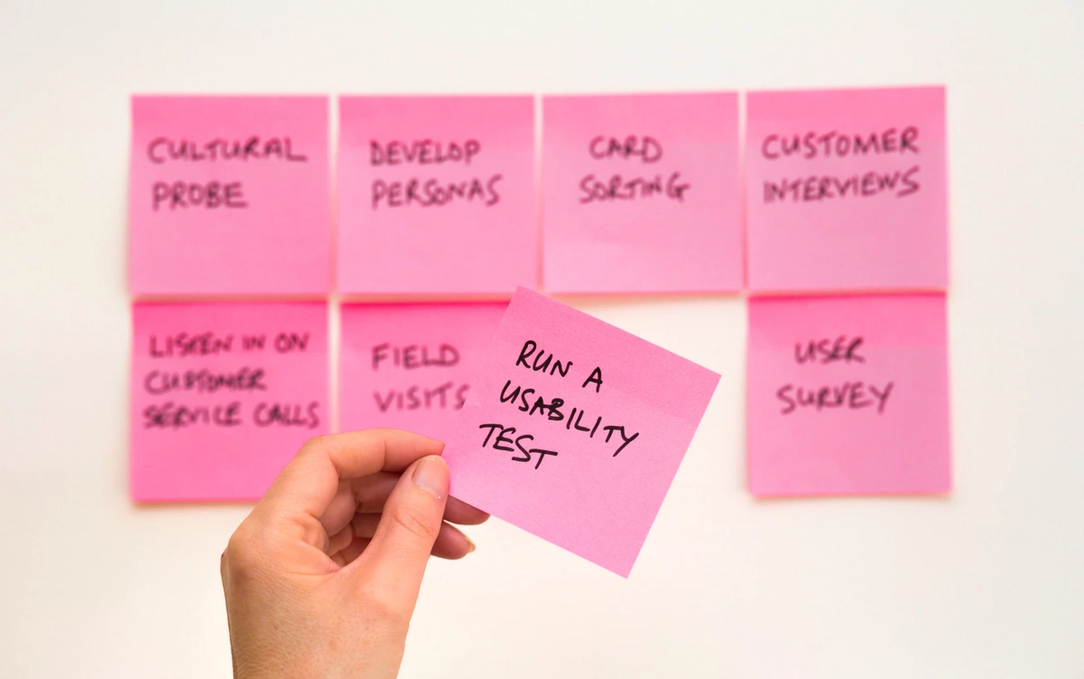
My name is Vikram and I’m a Canadian ex-pat living in the UK. I was hired by Lightful in late June 2019 as a Senior User Experience (UX) Designer. My reasons for wanting to join such a company are manyfold, but primarily stem from wanting to do something that makes a difference. When I say this, I really do mean ‘difference’ in terms of making life better for all, not for fulfilling a generic company vision!
See who we help
Contact us
Want to learn more?
Email Jonathan and start a conversation





